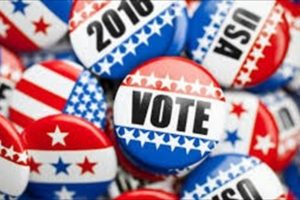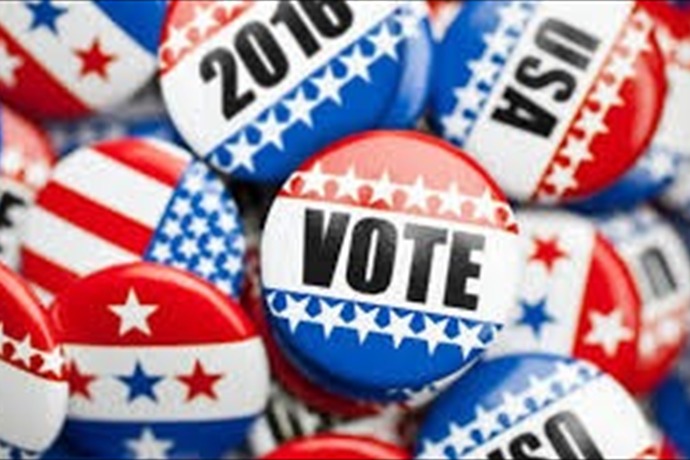
Today, women in the United States have more than half of all jobs professional level, earn a majority of undergraduate degrees, controlling 80 percent of consumer spending and their share of board seats at S & P in 1500 businesses have seen rising more than 90 percent.
However, these steps are often overshadowed by persistent differences, such as the payment margin; the proportion of women holding public offices or posts; as well the proportion of women in relation to their men counterpart occupying senior-level posts and on boards of large companies.
What will be the main issue on the minds of women when they hit the polls during the 2016 US Presidential Election?
Experts say it has not changed much in recent decades and it really means a set of variables under a single umbrella: economic security. Women want a stable employment, higher wages and the assurance that the financial future of their families intact.
“Economy drive female voters,” was the words of Debbie Walsh. “Women tend to be more financially insecure and more likely on the social safety net that the government supports should be, so they vote accordingly.”
That socialite safety, Walsh noted, should be giving consideration by the government, also includes funding programs that help with employment, subsidies for household bills and health insurance.
According to a Bureau of Labor Statistics report released in March: ‘‘the largest occupational group in the country consists of relatively low-paid jobs’’. The largest professional office and administrative support jobs, a category with an average salary of $ 35,530-happen to be dominated by women comprising 73 percent of the category.
More and more women take on the financial responsibility for the entire household and can no longer afford to be relegated to lower-paid occupational roles, experts say.
“I think that economic security is what people want and I do not see such as women’s issues,” said Juanita Duggan, president of the American Apparel and Footwear Association. “Everyone needs economic security.”
Walsh agrees however, that while both sexes see economic security as the top priority, there are important differences.
Among the main differences is the persistent gender pay gap. According to the latest data from the US Census Bureau (2013), women working full time earn on average only 78 cents for every dollar men earn. The difference is even greater for women of color.
It was also added by Walsh that recurrent issues which revolves around balanced working habit, need for education and so on, but will soar this year above economic issues.
“I think a lot of women in economy are in the survival mode right now,” Walsh said. “Women want to put food on the table, fill their cars with gas, and be able to plan for their retirement over work-life balance.”
So what will actually be giving priority as to women’s issues?
Different suggestions have been presented by experts, but Walsh said that allowing women take the wheels of power this time is the right thing to do. “It is important for women in politics, not only for justice, but because if women’s voices are not at the table, then we are wasting talent,” said Walsh. “Women have different life experiences that affect how they work with the government and the policy issues that they make are a priority. It is about substance and not just honesty.”
More information at https://www.hillaryclinton.com/ https://www.donaldjtrump.com/



































